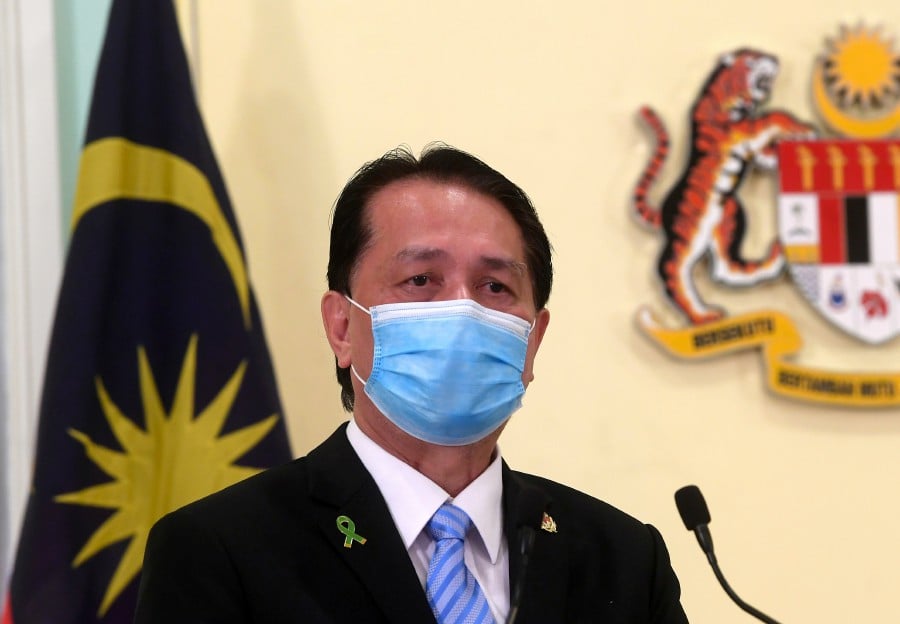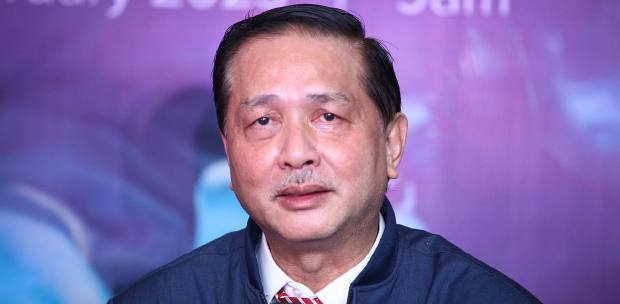PUTRAJAYA: Tabung Haji's (TH) treatment centres in Makkah and Madinah have become the first medical facilities for international haj pilgrims to receive the "tarkhis" (permit) approval from Saudi Arabia's Health Ministry this haj season.
Health director-general Tan Sri Dr Noor Hisham Abdullah said this was in recognition of Malaysia's healthcare facilities because the two centres have been providing services akin to a minor specialist hospital.
He said the kingdom's health authorities also issued the Ambulance Permit (tasrih) to run ambulance services as Malaysia also ran 20 high-specification ambulances in the holy land.
"The approval of these permits is given after going through a strict and thorough inspection by the Saudi Arabian Health Ministry. It is also a recognition of the quality and standard of facilities and health services for Malaysian pilgrims in Makkah and Madinah," he said in a statement today.
Dr Noor Hisham expressed his gratitude to Malaysian Haj delegation head Datuk Seri Syed Saleh Syed Abdul Rahman, deputy head (medical) Dr Mohd Shaffari Marzuki, and the medical team of the 1443H haj season for their efforts in providing quality medical services to Malaysian pilgrims in the holy land.
On May 13, Health Minister Khairy Jamaluddin had said his ministry had sent 255 medical personnel, comprising 128 staff who had participated in prior operations and 127 new staff, to Saudi Arabia for this year's haj.
"The ministry provides health services at all haj accommodations under the management of TH.
"The services offered are almost equivalent to minor specialist hospitals, which include emergency treatment, pharmaceuticals, dental services, health education, physiotherapy, spiritual care services and more."
Dr Noor Hisham said in Makkah and Madinah, the bed capacity in the Inpatient Care Centre was 268 beds, while the Treatment and Rest Centre had 184 beds.
Since the outpatient clinic started operating on June 6, arrivals have been increasing, but almost all of the cases could be treated and prevented through self-care practices.
"As with the operation of the previous haj season, the five types of disease groups most frequently received at the outpatient clinics in Makkah and Madinah involve bacterial lung infections, such as upper respiratory tract infections; non-communicable diseases such hypertension, diabetes, heart attack; allergies; other illnesses, such as fatigue, heat exhaustion and heat stress condition.
"The hot and dry weather conditions in Makkah and Madinah can have detrimental effects on health and healthcare measures should be taken seriously by the pilgrims."
Dr Noor Hisham said the excessively hot weather could cause a person to sweat frequently, leading him to easily get tired and more at risk of dehydration and heat stroke.
"Therefore, Malaysian haj pilgrims are advised to follow all public health advice and guidelines as well as nutritional practices by the ministry and TH. It will enable them to carry out their religious obligations smoothly.
"Malaysian haj pilgrims are recommended to always wear face masks, practice personal hygiene, such as frequent hand washing, use hand sanitiser, and other adopt good health practices, such as drinking water regularly," he said.





